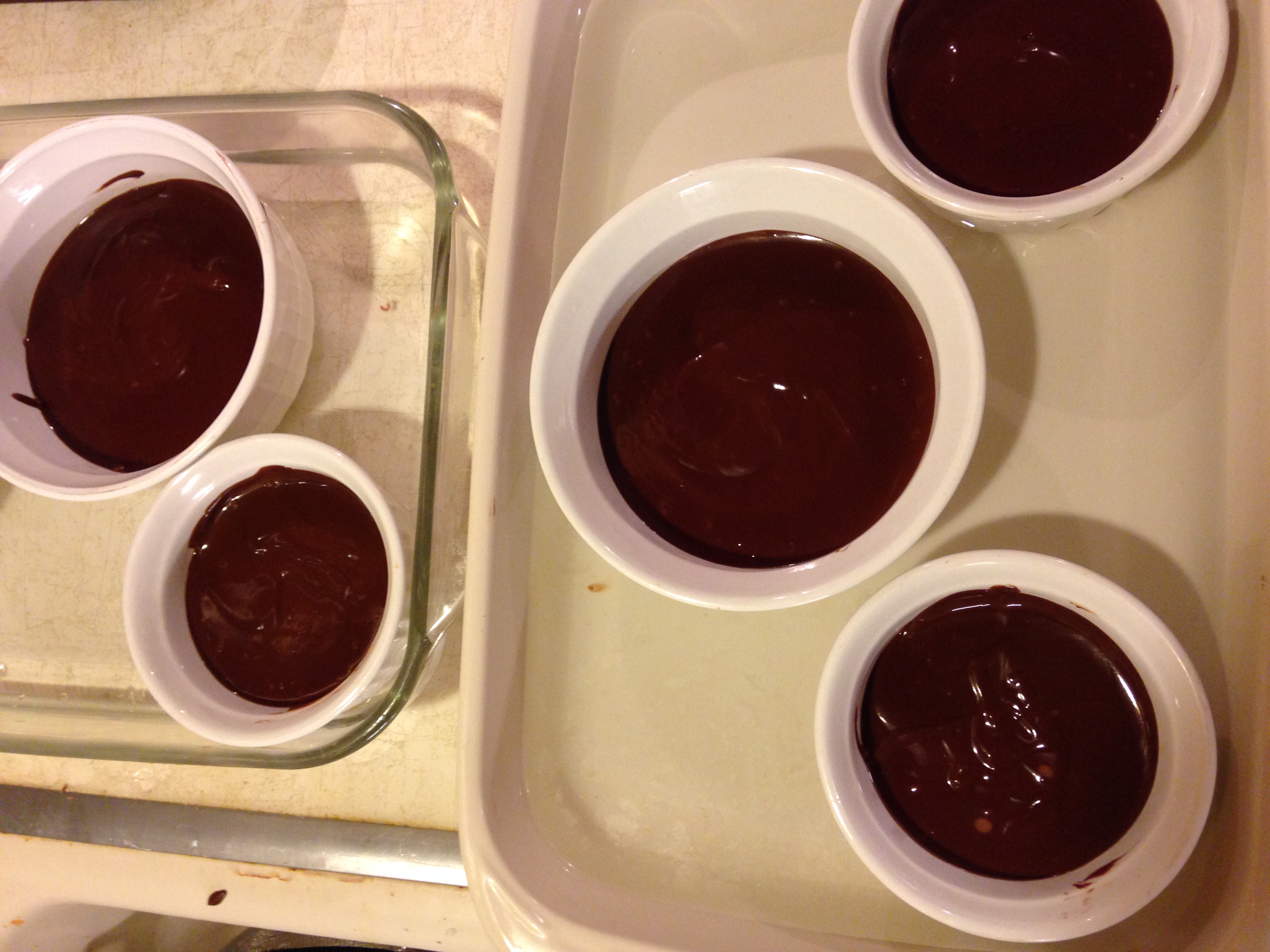
12
يوليوTop 5 Books About Black Tea And Rich Chocolate Desserts
Tea, a beverage delighted in by millions around the globe, has a rich social relevance that spans centuries. Originating in ancient China, tea has actually undergone changes, ending up being an important component of diverse global traditions. Its distinct tastes, scents, and social routines have astounded tea lovers throughout history, making it more than just a drink. In this write-up, we will certainly discover the interesting society surrounding tea, discovering the customs and customizeds related to this ageless elixir.
The Chinese are credited with the exploration of tea, dating back to the 3rd century BC. Eaten for medicinal functions, tea quickly arised as a social and social symbol. The Chinese developed sophisticated tea events, with intricate protocols controling the prep work, presentation, and consumption of this valuable beverage. These ceremonies stressed respect, consistency, and a link with nature, promoting a calculated and mindful approach to tea. As the popularity of tea spread, so did its cultural importance.
 In Japan, the tea ceremony, known as "Chanoyu," advanced as a distinctive art type rooted in Zen Buddhism. Its assisting principles of simplicity, harmony, and aesthetic beauty formed the Japanese tea society. The tea ceremony has been an integral component of Japanese life for centuries, promoting peace and mindfulness. Tea homes, specifically made for the ceremonies, came to be tranquil resorts where individuals might get away the disorder of day-to-day life and find solace in the beauty of black tea and rich chocolate desserts and nature.
In Japan, the tea ceremony, known as "Chanoyu," advanced as a distinctive art type rooted in Zen Buddhism. Its assisting principles of simplicity, harmony, and aesthetic beauty formed the Japanese tea society. The tea ceremony has been an integral component of Japanese life for centuries, promoting peace and mindfulness. Tea homes, specifically made for the ceremonies, came to be tranquil resorts where individuals might get away the disorder of day-to-day life and find solace in the beauty of black tea and rich chocolate desserts and nature.
The British tea society, in particular, created its one-of-a-kind customizeds, most notably the custom of afternoon tea. Appreciated by the upper course, afternoon tea ended up being a classy social celebration, featuring fragile sandwiches, scones, and a variety of teas.
In India, black tea and rich chocolate desserts is not just a beverage but an essential part of daily life. Introduced by the British throughout the colonial period, tea took root in the Indian subcontinent, finishing in the development of the popular chai society.
From the ritualistic traditions of the Chinese and the peace of Japanese tea homes to the refined style of British tea and the conviviality of Indian chai stalls, tea has actually become an integral component of cultures worldwide. Its variety of prep work methods, ranges, and customizeds make tea an endlessly remarkable topic.
Beyond its cultural relevance, tea offers many health and wellness benefits. Rich in antioxidants, it sustains overall health and wellbeing and has been associated with protecting against persistent illness. Touted for its soothing residential properties, tea promotes leisure and decreases tension, making it the best companion for moments of self-reflection or social link.
In conclusion, the culture of tea is a testimony to the long-lasting legacy of this exceptional drink. Its diverse customs, custom-mades, and flavors make sure that tea will continue to captivate generations to come, offering solace, link, and an appreciation for the straightforward and lovely aspects of life.
Coming from in ancient China, tea has undergone improvements, coming to be an important component of varied worldwide traditions. In this article, we will uncover the interesting culture surrounding tea, checking out the practices and custom-mades connected with this ageless elixir.
Tea houses, especially designed for the ceremonies, ended up being peaceful resorts where individuals can escape the chaos of day-to-day life and locate relief in the elegance of tea and nature.
The British tea culture, in certain, established its one-of-a-kind custom-mades, most notably the tradition of afternoon tea. Delighted in by the upper course, mid-day tea came to be a trendy social event, including fragile sandwiches, buns, and a range of teas.
If you cherished this article and you also would like to receive more info concerning black tea and rich chocolate desserts nicely visit the web page.



